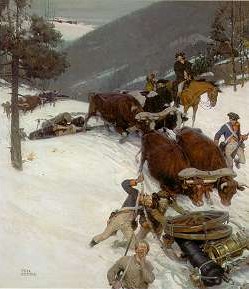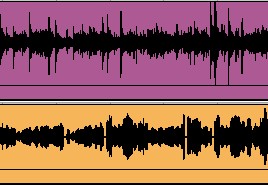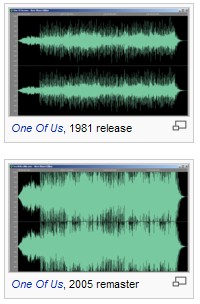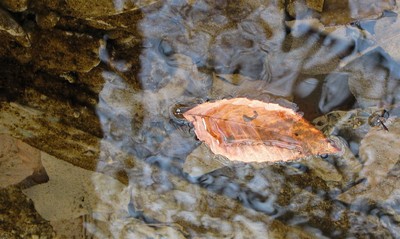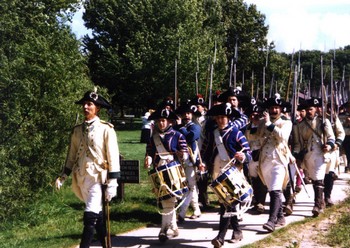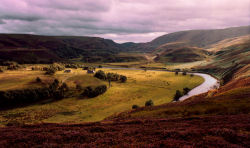 new music
new music
Growing a Tune: Josh Video
There has been so much activity on The Marlin Spike that I’m having a hard time keeping up.
Today, I got an email from Josh at 1:49 where he says:
Hey, I’m learning your tune right now!!!
Then, less than an hour later I get this video from him:
What can I say, I’m verklempt.

